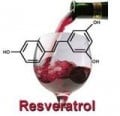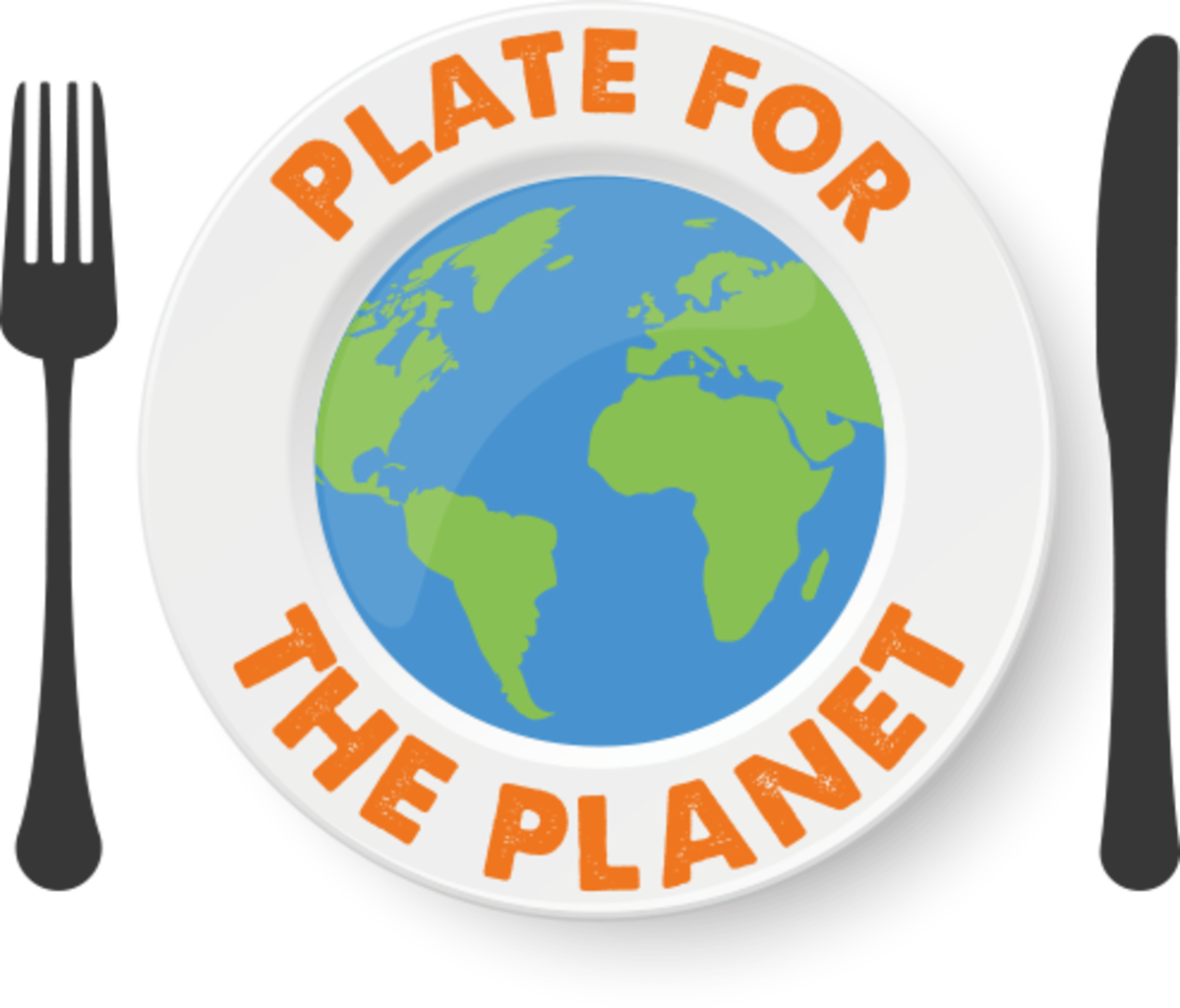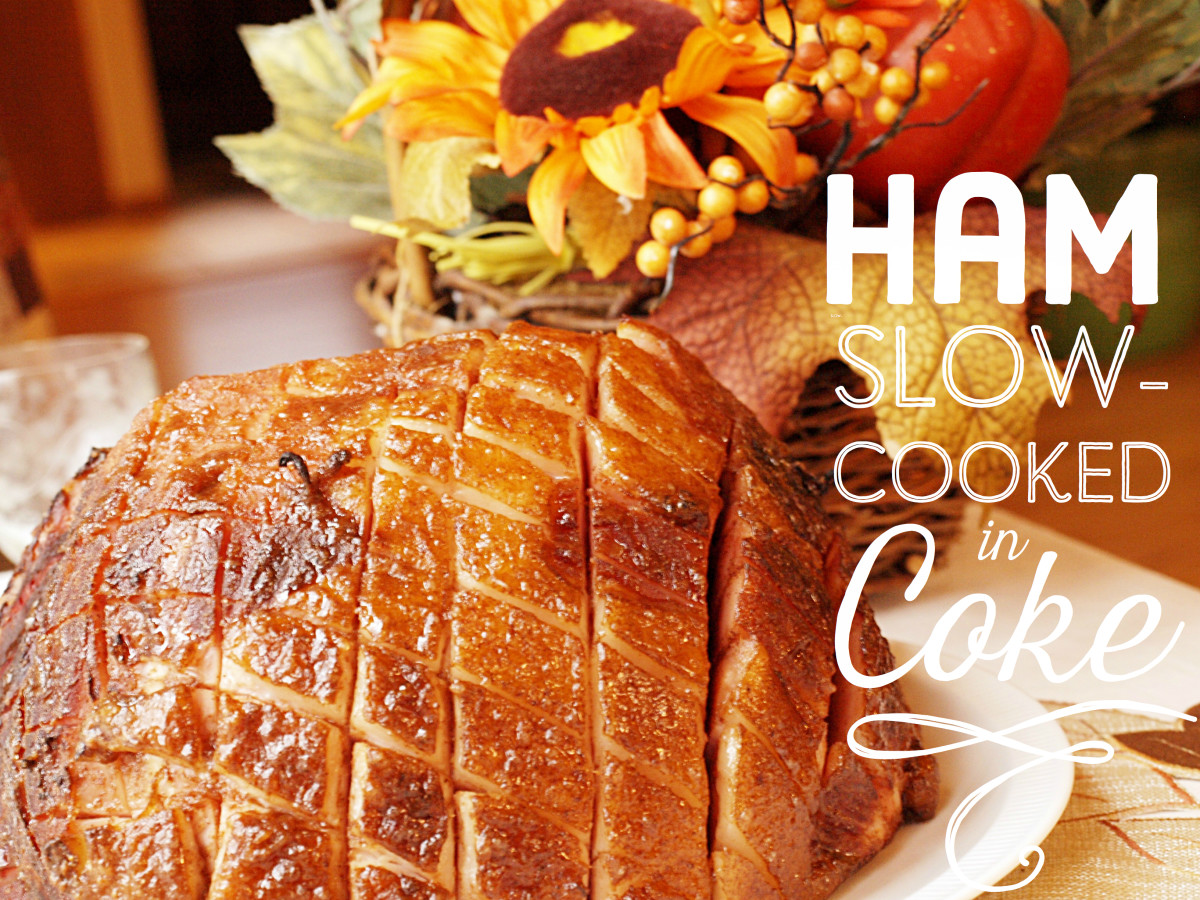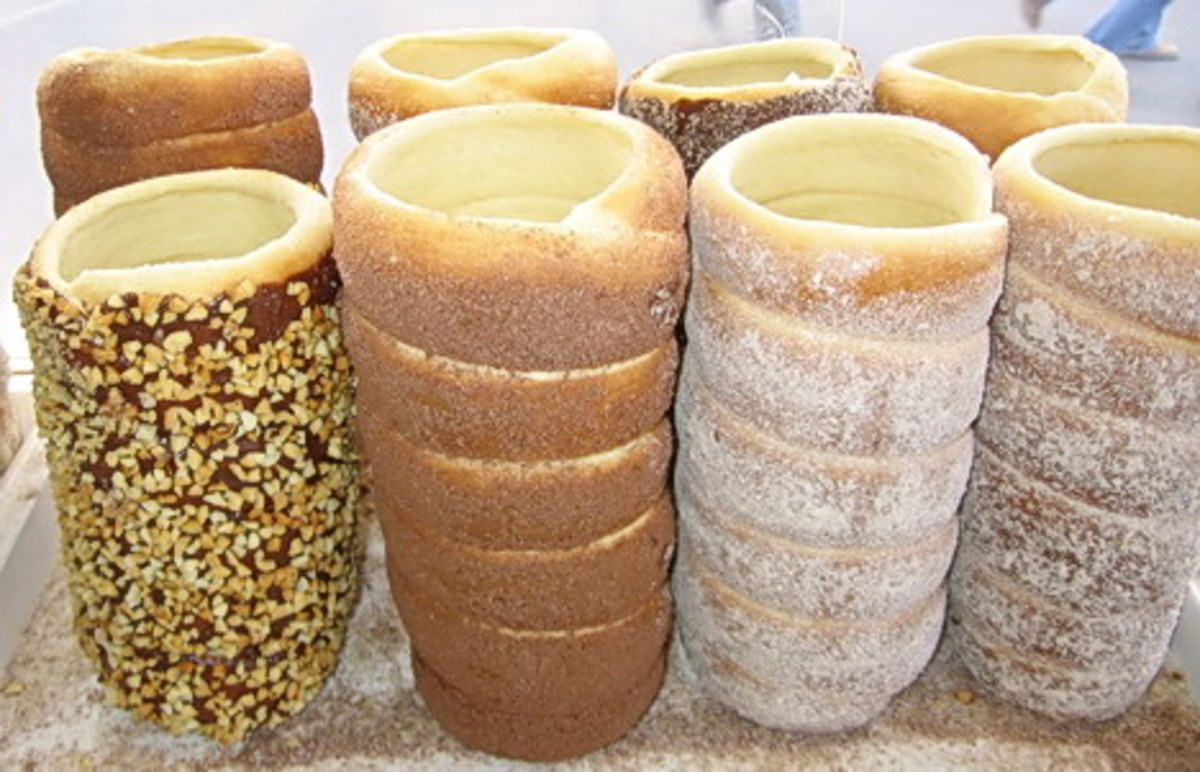Corn, Soy and Coconut
Corn
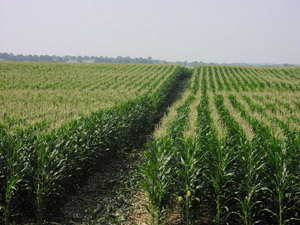
Not a look in
Corn covers about 3% of the USA and soy takes another 3%. That is about 72 million acres of land. That is according to 2000 statistics from the US Environmental Protection Agency. Food in America is big business and efficiency is everything. It is obvious that corn and soy are the most useful crops to grow and that a staple such as coconut does not get a look in.
Soy
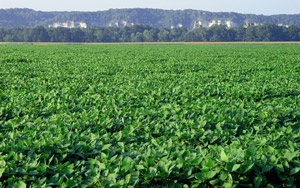
Obesity, cancer, heart disease
In 2000 the food growers of America made $900 Billion. Again facts are hard to find. This type of revenue buys influence and deregulation. The consequence of this is speculation and the occasional outbreak of e-coli or some other virulence bought on by food production negligence.
Corn is used as food for humans and for animals. It is also used to make ethanol for the auto industry. Soy is also grown as both a food and a fat for people and animals. Soy is a long chain fatty acid that is hard to metabolize and thus leads to over-weight animals. Corn also bloats the product. As part of a balanced diet there is nothing wrong with corn and soy but as staples that are found in so many foodstuffs it is worrying. Corn is used in a host of food additives to make food taste ‘good’. The best example of this is corn fructose.
It is no surprise that America has the highest percentage of obese people in the world. They are getting fattened up like the beef cows. Americans are also leading the world for cancer, heart disease and diabetes. This has to be partly explained by the food they eat. We might not be what we eat but neither are we consequence free in our eating habits.
Coconut

Functional food
In contrast many people in the developing world grow their own food or buy locally grown produce that has ripened in the sun and animals that that were not kept in concrete coffins and killed at 1 every second. These people also tend to have different staples such as bread, manioc, rice and coconut. They are all good foods but the most beneficial of all is the coconut.
The coconut tree was referred to by the ancient Indians ‘as the tree that gives everything’. The Sanskrit word has passed into other Asian and South Pacific languages. Coconut oil is sometimes called a functional food because it does more than just nourishes the body and supply calories. Coconut oil is rich in antioxidants that inhibit free radicals that produce the signs of aging. Coconut oil also is high in medium chain fatty acids that are easy to metabolize and also produce hormones that stimulate the thyroid gland. This means the immunity system is stronger and can better ward off disease.
That is not all: coconut oil and coconut milk contain lauric acid that works as an antimicrobial agent that protects the body from bacteria, viruses, fungi and protozoa. Coconut water is a universal blood plasma match and can be used for emergency IV. Moreover coconut oil is a great moisturizer and hair softener.
Coconut has so many ‘functions’: to feed; to improve the health; to make food taste great; and best of all, coconut is a fast growing renewable resource that can thrive without pesticides and fertilizers. It is hard to think of corn and soy in the same positive light.
Coconut links
- Health Benefits of Coconut Oil for Dogs
About the health benefits of coconut oil for dogs. - Coconut Flour and Gluten Intolerance
Coconut flour is a less well known coconut product that is 100% gluten and wheat free and that can be used to make short breads and cakes. - Extra Virgin and Organic Coconut Oil
What's the difference? - About Coconut Flooring
A great sustainable and natural flooring. - The Truth About Coconut Oil and Saturated Fats
The saturated fat of coconut oil is not the villain after all.

